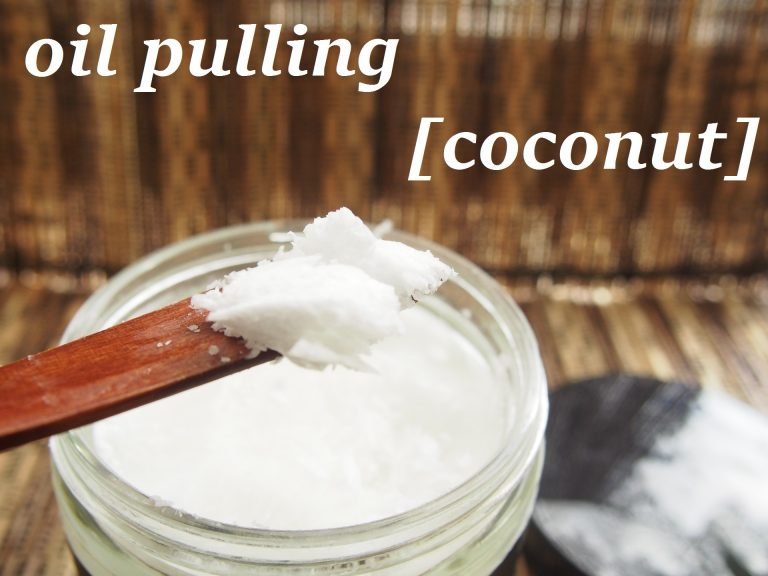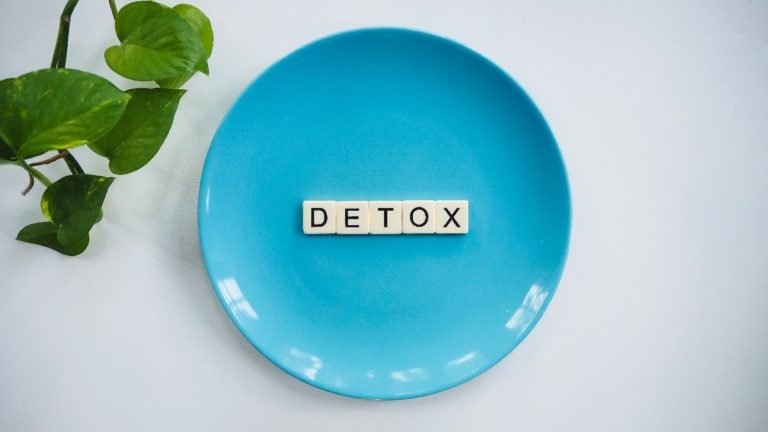Stay Hydrated: Drinks Allowed During Intermittent Fasting
The practice of intermittent fasting has exceeded the borders of a mere food-trend, evolving into a lifestyle choice for people aiming to attain a healthier and more balanced life. Intermittent fasting, a method distinguished by its eat-stop-eat cycles, has proven merits backed by science, ranging from weight loss benefits to improved brain health. To comprehend intermittent fasting, it is crucial to explore its underlying principles and different variants such as the 16/8 method and the 5:2 diet. Equally important is understanding the role of hydration and drinks during the fasting period. Essential hydration and nourishment can be obtained from certain approved drinks, while some can potentially disrupt your fast. In this light, the intention of our discussion is to dig deeper into the specifics of these beverages and dispel common myths and misconceptions related to them.
Understanding Intermittent Fasting
Understanding Intermittent Fasting
Intermittent fasting is a pattern of eating that alternates between periods of eating and not eating (fasting). It doesn’t precisely dictate what food to eat, but rather when they should be consumed. The focus is on the timing of meals, hence, it’s more accurately described as an eating pattern rather than a diet.
Intermittent Fasting and its Impact on the Body
Intermittent fasting can affect the body in numerous ways. One specific area it targets is metabolic health. Fasting can induce a metabolic switch, where cells use stored glucose and begin converting fat into energy. This change can lead to weight loss, reduced inflammation and improved brain health. Moreover, studies suggest that intermittent fasting can improve cardiovascular health. While additional research is needed, some evidence suggests it may also support glucose regulation, potentially reducing the risk of developing type 2 diabetes.
Benefits of Intermittent Fasting
Intermittent fasting can lead to several benefits. The most apparent is typically weight loss, caused by the reduced calorie intake and metabolic changes. Other potential advantages include enhanced cognitive performance, improved heart health, and increased longevity. More broadly, intermittent fasting may promote a healthier lifestyle by encouraging more thoughtful and mindful consumption of foods.
Comparison with Other Diets
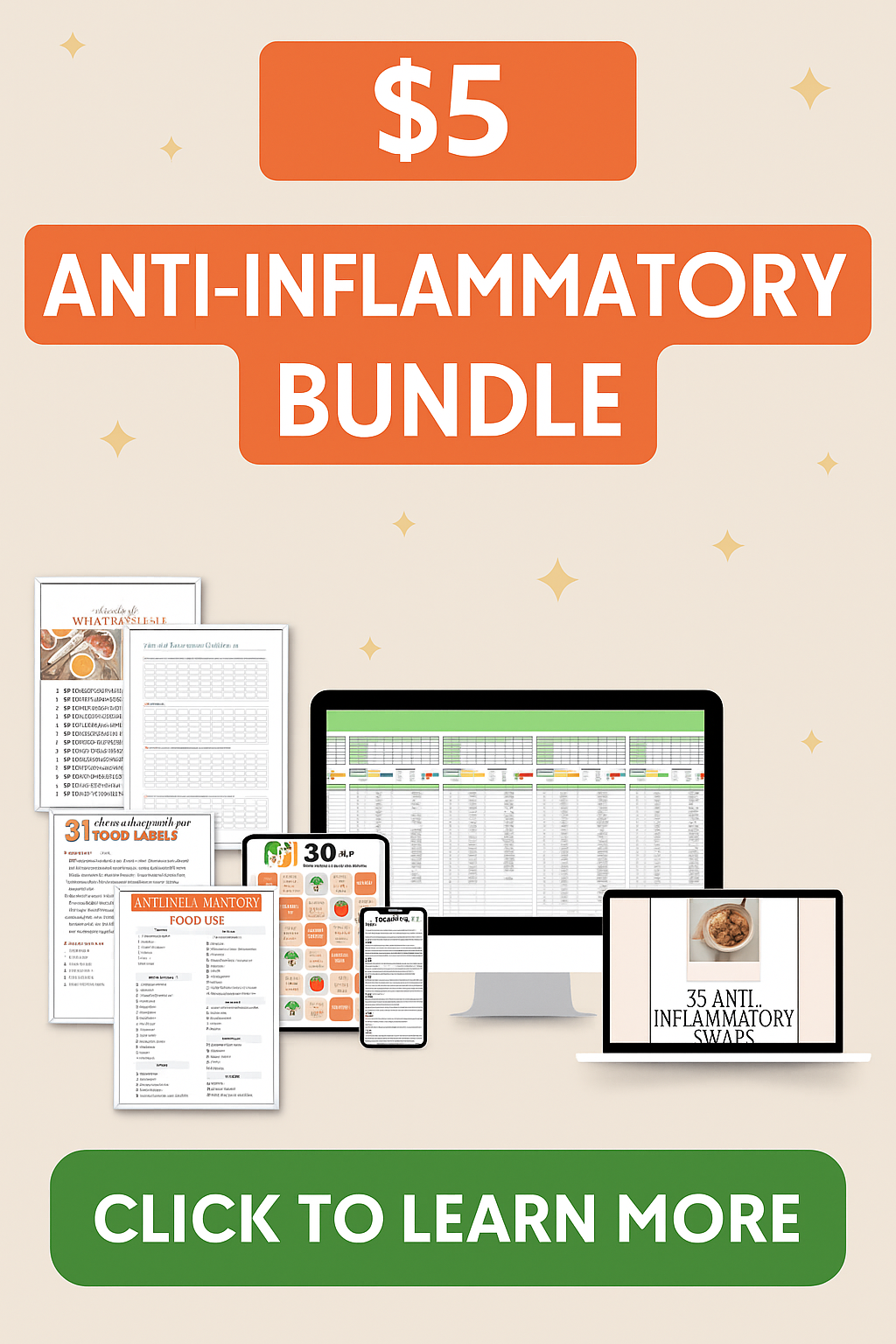
Unlike traditional diets that dictate what to eat and what to avoid, intermittent fasting is centered around when to eat. There are no specific food restrictions during the eating window, which some individuals find simpler and more flexible than traditional diets. An important feature of intermittent fasting is that it encourages consumption of nutrient-packed foods during non-fasting hours to fuel the body adequately for the fasting period.
Different Variants of Intermittent Fasting
There exist several variations of intermittent fasting, each with its rhythm and eating patterns.
- The 16/8 method involves fasting for 16 hours each day and eating within an 8-hour window. This method is popular because its fasting period can incorporate sleep, making it easier for many people to adhere to.
- The 5:2 diet involves eating normally for five days a week and then restricting calorie intake to about 500-600 calories for the remaining two days.
Other methods include ‘Eat-Stop-Eat’, where a 24-hour fast is performed once or twice a week, and the ‘Warrior Diet’, involving a 20-hour fast with a 4-hour eating window. It’s recommended to research each method thoroughly and consider a healthcare professional’s advice to determine the most suitable one for your lifestyle and health goals.
Understanding Drinks within Intermittent Fasting
During the fasting periods of intermittent fasting, you’re not allowed to consume any food or drink that contains calories. Water, black coffee, and unsweetened tea are generally acceptable because they contain minimal (if any) calories. These drinks can also help manage hunger pangs during fasting windows. However, any drink that contains calories, such as milk, juice, or soda, should be avoided as it can break your fast. Likewise, alcohol is typically off-limits during fasting times.
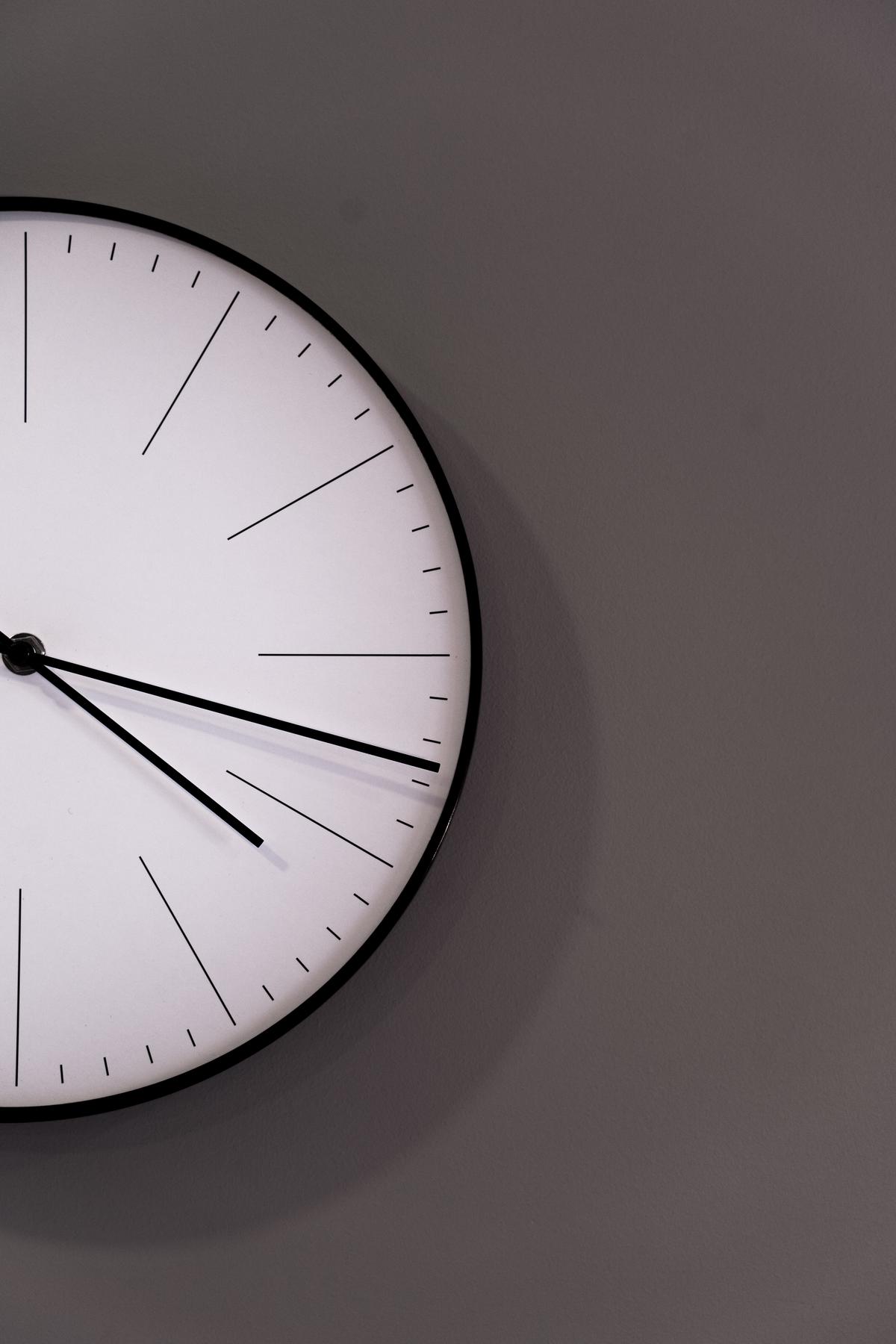
Photo by akramhuseyn on Unsplash
Nutrition and Hydration during Fasting
Understanding Nutritional Needs and Hydration During Intermittent Fasting
Intermittent fasting is a dietary strategy wherein an individual alternates between periods of eating and fasting. During the fasting window, meeting nutritional needs and maintaining hydration become crucial. Despite forgoing solid food, one must still consume adequate levels of nutrients and fluids to sustain bodily functions and maintain energy levels.
Hydration maintains the balance of body fluids, which carry out functions like digestion, absorption of nutrients, body temperature regulation, and transportation of oxygen. Dehydration can disrupt these processes and cause feelings of fatigue, making it even more necessary for individuals following an intermittent fasting pattern to prioritize fluid intake.
The Importance of Fluid Balance While Fasting
The significance of maintaining fluid balance during fasting cannot be overstated. Fluid balance refers to the amount of water leaving the body being equal to the amount taken in. While fasting, this balance may be upset due to the lack of solid food intake that usually contributes to overall hydration. Body fluid levels directly influence blood volume and blood pressure and are essential to cardiovascular health. Fluid loss can lead to deleterious effects like low energy, dry mouth, and muscle cramps, which can impair physical performance and cognitive function.
Role of Drinks in Providing Vital Nutrients and Energy
Drinks can play a significant role during intermittent fasting by providing essential nutrients and maintaining energy levels. Fluids such as bone broth, vegetable broth, and nutrient-rich smoothies can offer critical macronutrients and micronutrients without breaking the fast. These beverages can also serve as a source of energy, ensuring that you do not feel lethargic during your fast.
It’s advisable to stick to non-caloric beverages during the fasting window to truly benefit from intermittent fasting. Drinks such as water, coffee, tea, and herbal infusions can provide antioxidants and other health benefits. However, it’s paramount to consume these drinks unsweetened, without added milk or cream, to avoid an inadvertent calorie intake.
Creatine, electrolyte tablets, or green superfood powders can also be added to water to meet nutritional needs while keeping energy levels high. However, these should be utilized sparingly and within a balanced nutritional framework.

Remember, while intermittent fasting, the focus should be on quality and not quantity. Even during your eating window, incline towards nutrient-dense foods to maximize your energy and health benefits. Hydrate well to alleviate hunger pangs during fasting periods, and ensure the fluids you drink are beneficial and suitable for your dietary pattern.

Approved Drinks for Intermittent Fasting
Understanding the Basics of Intermittent Fasting
Intermittent fasting is a type of eating pattern that cycles between periods of fasting and eating. During the periods of fasting, consumption is typically limited to drinks that contain no calories to sustain the fasting state. Here’s a rundown of the drinks you can have during intermittent fasting and how they affect your body.
Water: Your Best Bet for Intermittent Fasting
Water is the safest and most straightforward drink to have during a fasting period. It contains no calories, sugars, or carbohydrates and is essential for maintaining hydration. Water also aids in the normal functioning of the body’s systems and processes. Appetite control might get a boost as drinking water can provide a sensation of fullness temporarily. There are no negative effects to drinking water during fasting.
Unsweetened Teas: Beneficial But Watch the Caffeine
Unsweetened teas, of all types (green, black, herbal), are also allowed in intermittent fasting because of their zero-calorie content. They also contain antioxidants and other substances that have potential health benefits. Some types, like green and black tea, contain caffeine, which slightly increases metabolism and might help with appetite control. However, high caffeine intake may disrupt sleep or cause jitteriness, so it’s essential to moderate your intake.
Black Coffee: Great for Fasting but in Moderation
Yes, you can drink black coffee while practicing intermittent fasting, again because it’s calorie-free when unsweetened and milk-free. Coffee, especially the black variety, offers health benefits like increased mental alertness due to its caffeine content. It’s also rich in antioxidants. Nonetheless, it’s worth noting that the caffeine in coffee could have a stimulating effect on the gut and may cause some discomfort for some people.
What Other Drinks Are Allowed during Intermittent Fasting?
In addition to water, unsweetened teas, and black coffee, other drinks you can consume during your fasting window include calorie-free beverages, like carbonated water or diet drinks. However, it’s crucial to check the content of these drinks as some may contain artificial sweeteners or chemicals that could disrupt gut health or trigger cravings. Nutritionists commonly recommend sticking to the natural types, mainly water, for the most healthful approach.
Fasting Drinks and Overall Health
When done right, intermittent fasting combined with consuming these drinks can potentially offer health benefits. In addition to aiding weight loss, intermittent fasting may lead to improved metabolic health, increased longevity, and a lower risk of chronic diseases. It is critical, however, to remember that overconsumption of any drink, even those allowed during fasting, can have negative effects. Always aim for balance and listen to your body’s needs.
Note on Breaking the Fast
During fasting hours, as mentioned, drinks without calories, sugars, or substantial amounts of proteins or fats won’t ‘break a fast.’ However, if you’re using intermittent fasting for specific health benefits like improved metabolism or gut rest, seek advice from a healthcare professional to understand better what drinks and foods would best support those goals.
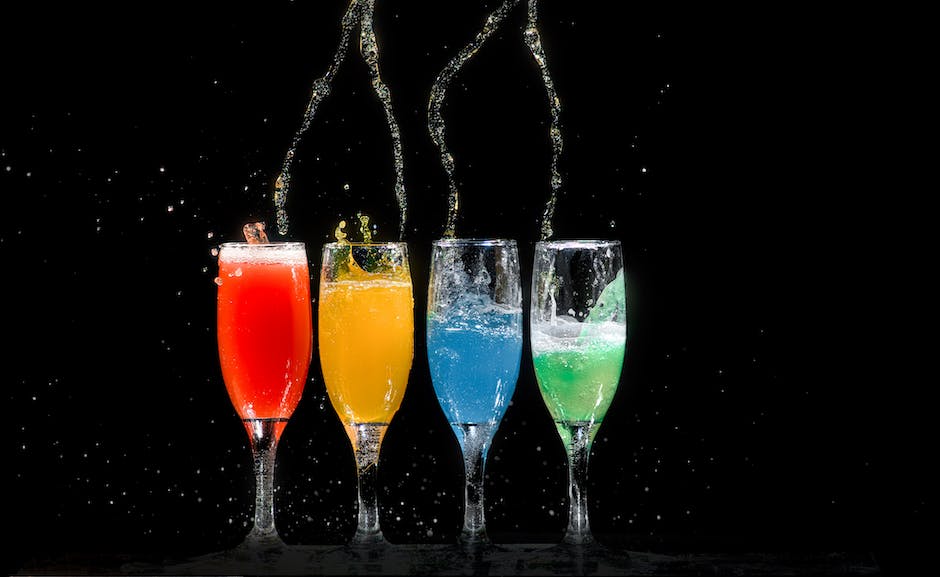
Common Myths about Drinks in Intermittent Fasting
Understanding Intermittent Fasting
Intermittent fasting is a popular health and fitness trend which involves alternating cycles of fasting and eating. But a common question people have is: What can I drink during fasting? This is a misconception that needs to be clarified as the intake of certain beverages can significantly impact the benefits of intermittent fasting.
Myths and Evidences About Diet Sodas
One widespread belief is that diet soda is permissible during fasting because it contains zero calories. However, this isn’t entirely accurate. Diet sodas are sweetened with artificial sweeteners, which can stimulate insulin production, thus “break” the fast. While they may not contain the traditional calories found in sugary drinks, the artificial sweeteners can potentially disrupt the metabolic benefits of the fast. There are still ongoing debates around this, but it is recommended to avoid diet sodas during fasting periods for maximum benefits.
Almond Milk and Fasting
Another misconception is that almond milk, due to its low calorie content, will not break a fast. But, even unsweetened almond milk does contain some calories. Generally, any beverage that contains calories may break a fast, and it’s best to save almond milk for your eating window. However, if you decide to consume almond milk during a fast, it should be less than a cup, about 50 calories, as this small amount is unlikely to kick you out of a fasted state.
Consumption of Coffee or Tea
Now, you must be wondering whether coffee or tea can be consumed during intermittent fasting or not. Plain black coffee and tea are generally acceptable to have during a fast due to their minimal caloric content. They may actually even aid the body’s fat-burning capabilities during fasting periods. But, remember to avoid adding sugar, milk or cream to your coffee or tea as they contain additional calories which can disrupt your fasting.
Importance of Water Consumption
While this may seem obvious, it’s worth noting that drinking plenty of water is not only allowed but strongly encouraged during intermittent fasting. Staying hydrated not only helps prevent the feelings of hunger, but it also ensures smooth body functions during the fasting period. Adding a pinch of high-quality salt can also help balance your electrolytes.
Key Takeaway
To maintain the effectiveness of intermittent fasting, it is recommended to stick to calorie-free and unsweetened beverages during the fasting window. It’s also important to note that everybody is different and the impact of these drinks during intermittent fasting may vary from person to person. Always listen to your body and adjust accordingly.
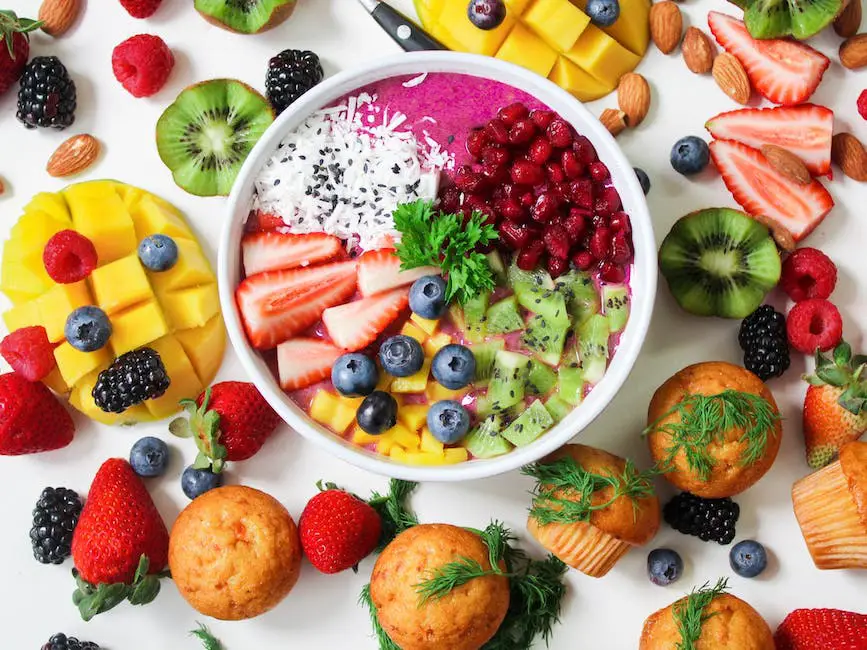
Through understanding the fundamentals of intermittent fasting and the importance of hydration during a fasting period, one can better comprehend why certain beverages are approved while others are not. Despite numerous misconceptions surrounding various drinks, a greater exploration into the science behind fasting can help overcome these myths. It is important to note that proper nutrition and hydration are key to making intermittent fasting a successful and beneficial practice. By staying informed about the drinks allowed during fasting, individuals can follow a fasting regimen that supports their health goals while ensuring their bodies receive adequate nourishment and hydration.
Writio: The AI content writer revolutionizing website publishing. This page was created by Writio.

